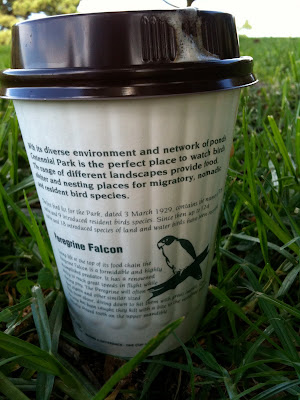The past week's been pretty hectic – meetings, deadlines, missed deadlines, pitches, spreadsheets and other sundry items.
But the memory of one particular meeting still lingers.
Now, I understand as well as the next man that acronyms and jargon have their place in this world. If you're stood in a room full of people who know exactly what you mean when you say EPCM, there's absolutely no point in saying the words in full each and every time you use the term. In fact, in most cases, you would actually look a little foolish. As much as acronyms and jargon are exclusive and, quite literally, exclude the layperson, they can also serve just as positive a purpose by reinforcing communication between those already in-the-know (think of it as the modern day equivalent of the Freemason's handshake).
The clichés of the corporate world suffer a similar fate.
Time and place can play a pivotal role in whether they evoke the right response. But all too often they are mere victims of their own popularity as commonplace phrases – as well as the insincerity (or lack of imagination) on the part of those who invoke their expression.
And so it was that I found myself in a pretty swish boardroom in the CBD.
Stainless steel carafes of filtered water, carefully-placed corporate coasters, and individually-wrapped, no-name mints.
Handshakes, smiles, introductions.
And as the conversation wound into action, one particular person began to say how they had only been involved at certain points in the project. In their own words, they had simply "parachuted in, and then parachuted back out again".
After which point, I spent the remainder of the meeting – and the week – wondering exactly how you parachute out of anything.
I understand parachute in. It's possibly a little lazy, even surreptitiously belligerent (although I should say that military phrases have a nasty habit of popping up in the boardroom a little too often for my liking).
But parachute out? I'm sorry, but that's just dumb.























